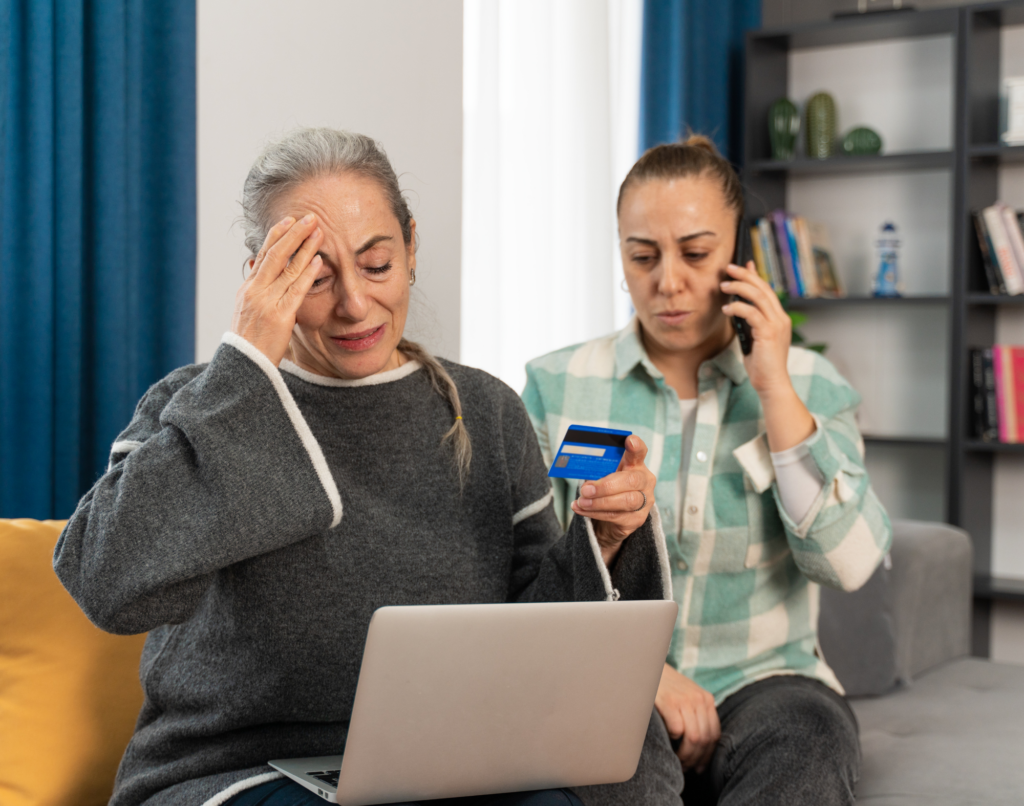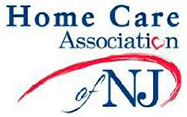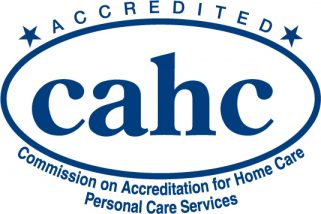During these uncertain times, Seniors are particularly vulnerable to scams related to the coronavirus pandemic. Scammers target older adults who may feel anxious and isolated. Talk with your loved ones about scams and how to avoid them.
3 Major Scams Targeting Senior Citizens
1. Phishing
Phishing scams are fraudulent emails, texts, or phone calls impersonating a healthcare provider or organization. The scammer often tries to gather personal and financial information. During the COVID-19 pandemic, some scammers are even selling fake tests, supplies, or vaccines.
To avoid phishing scams, senior citizens should not click on links or open attachments in unfamiliar emails. Keep passwords private. Legitimate healthcare systems will never ask for PINs or passwords. Moreover, Seniors should not give out personal information to a caller. Instead, get their name and say you will call them back. After hanging up, look up the official phone number for that healthcare organization. Call the official number and ask for the caller by name.
2. Fake Charities
Fraudsters may take advantage of the natural human desire to take care of one another during stressful situations. Charity scams impersonate genuine charities or invent non-existent organizations. Scammers play on emotions by claiming to help the vulnerable and ill. Not only do such scams steal money, but they also divert much-needed funds from legitimate causes.
When solicited for funds, Seniors should ask for the organization’s full name and details. Then, conduct some research before making donations. Look up their website and verify their social media presence. Be wary of anyone asking for payments via cash, wire transfer, gift card, or through the mail. If you want to give support, it’s better to approach charity organizations directly.
3. Economic Relief Scams
The government sends relief funds to many Americans during times of financial stress. This money comes by check or direct deposit. The government will not ask for a fee nor personal information. As long as an individual files taxes for 2018 or 2019, the federal government has all the information they need. Make sure your Senior loved ones know that they do not need to sign up for funds. Communicate directly with the IRS if you have any questions.
The sad truth is, there are people in this world who will prey on the most vulnerable among us during times of crisis. While you are unable to visit your Senior loved one, check-in regularly via phone or video chat. Sometimes older adults need someone to check with when a phone call or email seems fishy.
A Companion Aide or Certified Home-Homemaker Health Aide can help Seniors through these difficult times. We are Families Helping Families. Call us at 908-788-9390 to learn how we can help your family.





